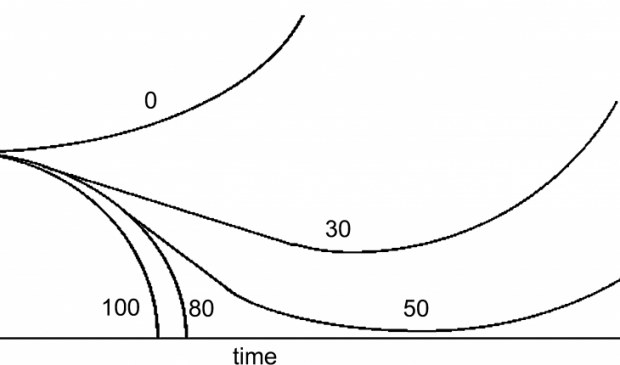
Breaking News
 Christmas Truce of 1914, World War I - For Sharing, For Peace
Christmas Truce of 1914, World War I - For Sharing, For Peace
 The Roots of Collectivist Thinking
The Roots of Collectivist Thinking
 What Would Happen if a Major Bank Collapsed Tomorrow?
What Would Happen if a Major Bank Collapsed Tomorrow?
Top Tech News
 EngineAI T800: Born to Disrupt! #EngineAI #robotics #newtechnology #newproduct
EngineAI T800: Born to Disrupt! #EngineAI #robotics #newtechnology #newproduct
 This Silicon Anode Breakthrough Could Mark A Turning Point For EV Batteries [Update]
This Silicon Anode Breakthrough Could Mark A Turning Point For EV Batteries [Update]
 Travel gadget promises to dry and iron your clothes – totally hands-free
Travel gadget promises to dry and iron your clothes – totally hands-free
 Perfect Aircrete, Kitchen Ingredients.
Perfect Aircrete, Kitchen Ingredients.
 Futuristic pixel-raising display lets you feel what's onscreen
Futuristic pixel-raising display lets you feel what's onscreen
 Cutting-Edge Facility Generates Pure Water and Hydrogen Fuel from Seawater for Mere Pennies
Cutting-Edge Facility Generates Pure Water and Hydrogen Fuel from Seawater for Mere Pennies
 This tiny dev board is packed with features for ambitious makers
This tiny dev board is packed with features for ambitious makers
 Scientists Discover Gel to Regrow Tooth Enamel
Scientists Discover Gel to Regrow Tooth Enamel
 Vitamin C and Dandelion Root Killing Cancer Cells -- as Former CDC Director Calls for COVID-19...
Vitamin C and Dandelion Root Killing Cancer Cells -- as Former CDC Director Calls for COVID-19...
 Galactic Brain: US firm plans space-based data centers, power grid to challenge China
Galactic Brain: US firm plans space-based data centers, power grid to challenge China
Extending Healthy Human Lifespan is Near

In 2015 they launched Lifespan.io, the first nonprofit crowdfunding platform focused on the biomedical research of aging.
Here is a video based on Lifespan.io biomedical research listing near term life extension technology.
1. Senescent cells
There are injections given to mice which eliminate 80% of senescent cells. Senescent cells are old zombie cells that do not fully die but clog up the works for healthy cells. Eliminating most of the senescent cells help revitalize mice and extends their lives.
Some analysis of the senescent cell work suggests it will increase overall lifespan but may not do much for maximum lifespan. Calorie restriction has extended maximum lifespan.
2. NAD+
Having more NAD+ helps regulate metabolism. When you are 50 you have half the NAD+ as when you were 20. There are flexible molecules that can get through cell membranes and become NAD+ inside cells.
3. Stem Cells
Injecting stem cells into the hypothalmus in the brain rejuvenated mice. Stem cells become fresh young cells of all different types. Fresh brain cells produce microRNA that also rejuvenated existing brain cells. On average a rejuvenated hypothalmus increased lifespan by 10% in mice.

 The State's Last Stand
The State's Last Stand


